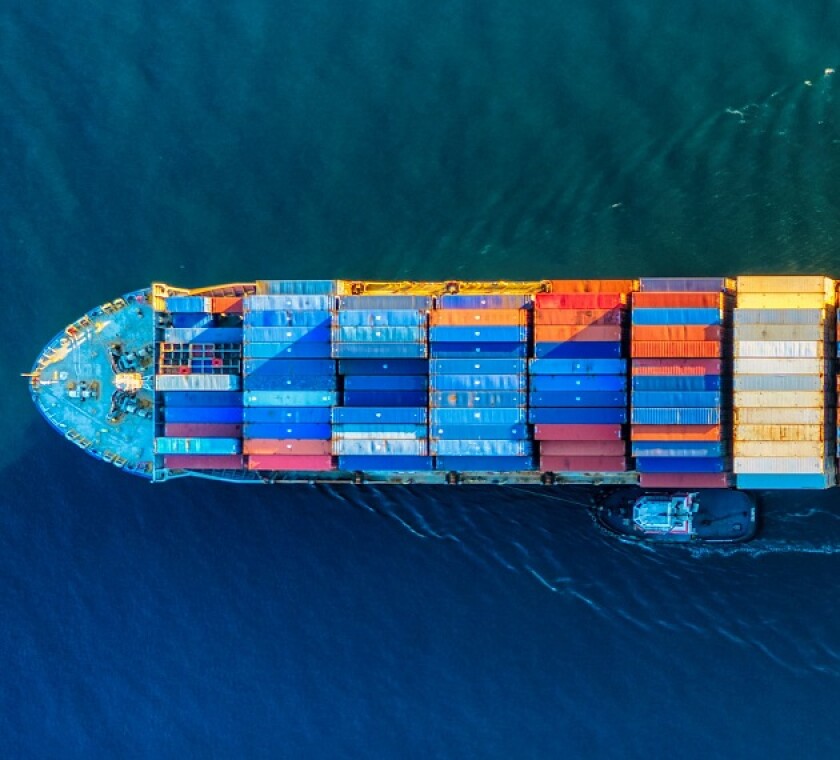New import duty rates for import from EFTA countries
Following the ratification of the Comprehensive Economic Partnership Agreement between the Republic of Indonesia (IE-CEPA) and European Free Trade Association (EFTA) countries, the Ministry of Finance (MoF) issued Regulation No. 152/PMK.010/2021 (PMK-152/2021) effective from November 1 2021 concerning the import duty tariffs on imports from EFTA countries.
Imports from EFTA countries to Indonesia will be subject to lower import duty tariffs compared to the general (most favoured nation) tariffs, which differ based on product type and their applicability periods. The appendix of PMK-152/2021 provides the list of the applicable import duty rates for each HS code.
The import duties for some products are subject to a Tariff Rate Quota (TRQ) scheme. Import duties for goods that are subject to TRQ are implemented as follows:
Tariff of 50% of the general tariff, for goods qualifying as in-quota; and
Tariff of 60% of the general tariff, for goods categorised as out-quota.
In-quota preference tariff is a preferential import duty tariff in the TRQ scheme which is determined for imported goods not exceeding the annual quota of the TRQ scheme. Whilst out-quota preferential tariff is a preferential import duty tariff in the TRQ scheme which is determined on imported goods exceeding the annual quota of the TRQ scheme.
New list of prohibited goods for export and import
To manage the traffic of prohibited goods and support the performance of the National Logistics Ecosystem, the MoF has issued Regulation No. 43/KM.4/2021 (PMK-43/2021) detailing the list of the goods prohibited to export from and import to Indonesia, effective from November 15 2021, with the listing details in appendix.
The group classifications of goods produced that are prohibited to export from Indonesia include certain produced goods from wood, rubber, marl, subsidised fertiliser, mining products, cultural heritage and scrap metal.
While the group classifications of goods produced that are prohibited to export from and to import to Indonesia are, for example, sugar, rice, substances that damage the ozone layer (BPO), hazardous and toxic materials, medical using mercury, etc.
Appointment of stamp duty collectors and administration of stamp duty returns
The Ministry of Finance has issued implementation regulation of new Stamp Duty Law Regulation No. 151/PMK.03/2021 (PMK-151/2021) effective from October 27 2021 regarding the procedures for appointment of stamp duty collectors and the administration of stamp duty returns, as follows:
Taxpayers fulfilling the criteria of facilitating the issuance of securities in the form of cheques and/or issue/facilitate the issuance of certain documents at a total of over 1,000 documents per month;
Certain documents are securities transaction documents, including futures contract transaction documents with any name and in any form; statement letters, along with copies of said letters; and documents which state an amount of money with a nominal value of more than IDR 5 million ($349), as receipt of money or acknowledgment of debt settlement;
Taxpayers fulfilling the criteria above can be officially deemed by the Director General of Tax (DGT). Taxpayers fulfilling the criteria but not yet appointed, taxpayers can submit an online notification;
Collect stamp duty amount reported and pay by the 10th and 20th of the following month, respectively;
Include details of the instruction manual, notification/revocation of appointment as stamp duty collector, refund and overbooking of stamp duty, the format of the stamp duty reporting.
The provisions for signing the stamp duty reporting, administration penalties/sanctions, and amendment of stamp duty reporting refer to the prevailing general taxation laws and regulations.
IMEI notification and registration procedures
The Director General of Customs and Excise (DGCE) recently issued Regulation No. PER-13/BC/2021 (PER-13/2021) effective from December 9 2021, which revokes the previous DGCE Regulation No. 5/2020 (PER-5) regarding the procedures for the Notification and Registration of the International Mobile Equipment Identity (IMEI) codes of telecommunication devices (the devices). These notifications and registrations are required for telecommunication devices to connect to a national mobile network.
IMEI notification is relevant to devices that are obtained through the applicable customs procedures in DGCE offices. The procedure for submitting IMEI notifications for the devices in PER-13 is substantially similar to the procedure as outlined in PER-5. However, PER-13 now requires IMEI to be submitted to IMEI control system through a DGCE online platform of the Computer Service System (SKP).
The IMEI registration is stipulated as follows:
For the devices carried by passengers or carrier crews shall be submitted through a DGCE electronic registration form;
For devices hand carried by foreign tourists, officials or representatives of foreign countries and international organisations in Indonesia registered through communication and informatics for the IMEI; and
For the devices imported through postal service providers through a consignment note (CN-22/CN-23 or PIBK).
Fabian Abi Cakra
Partner, GNV Consulting Services
Irma Batubara
Director, GNV Consulting Services













